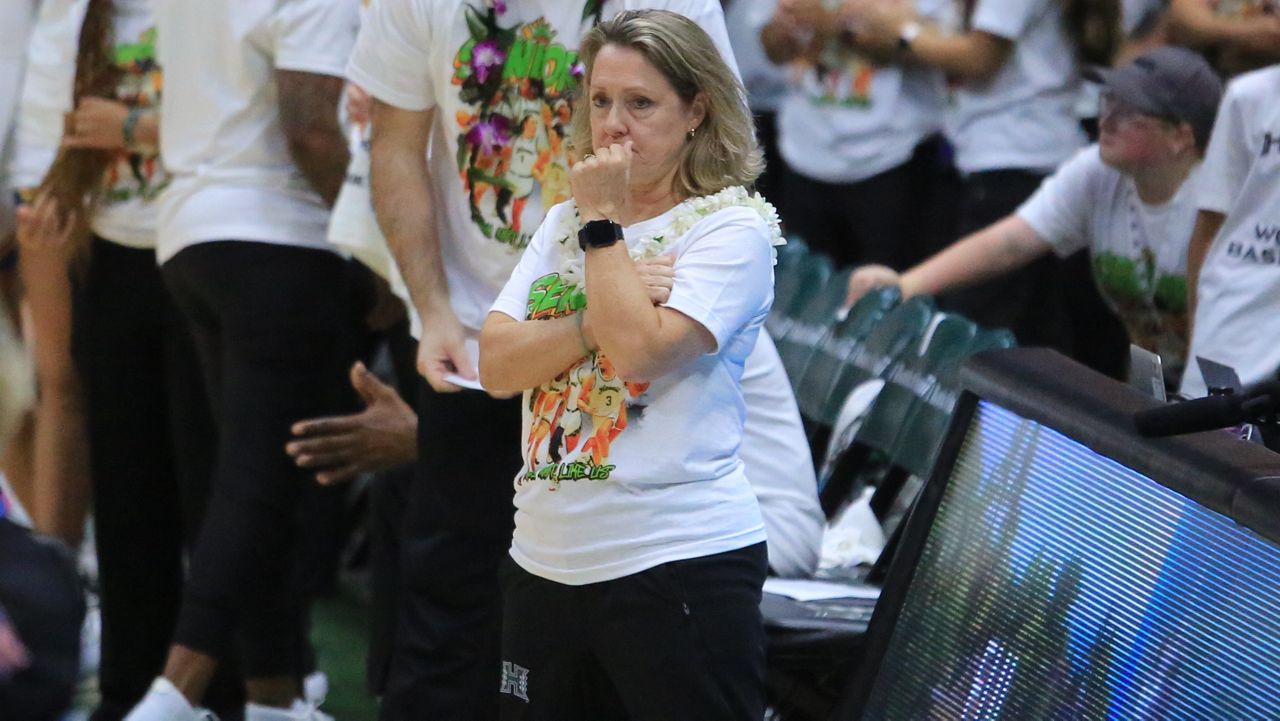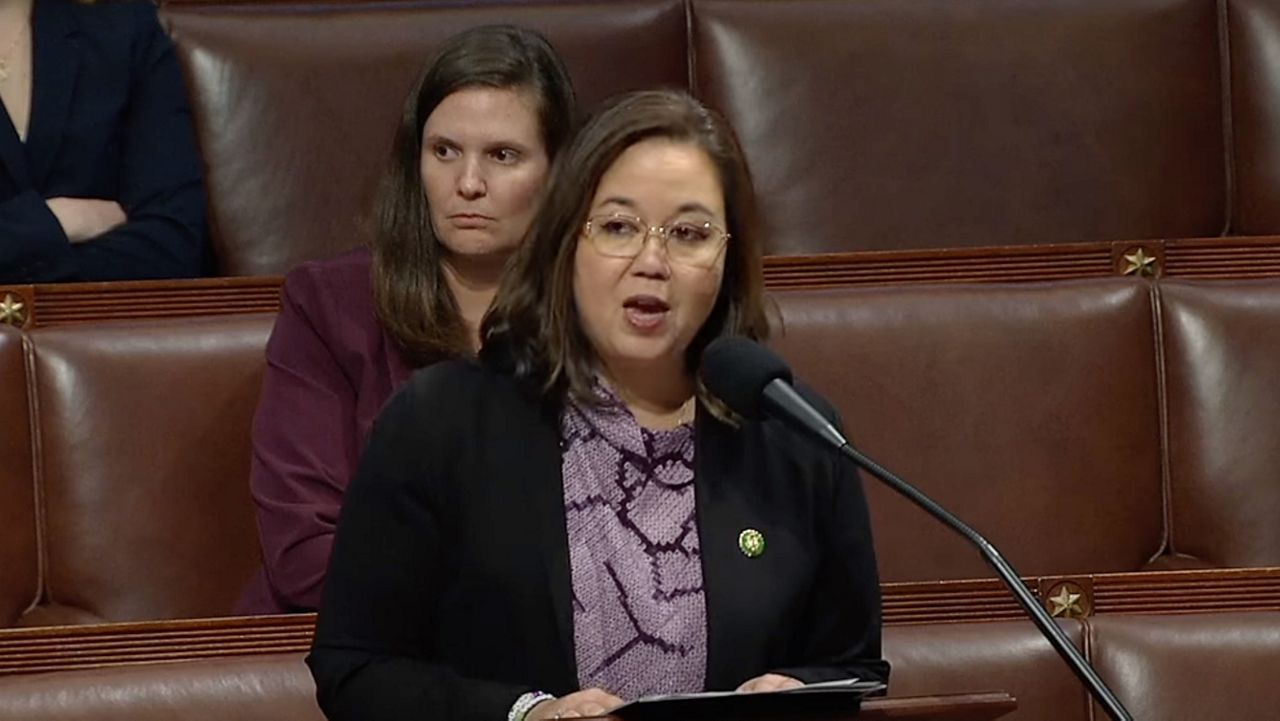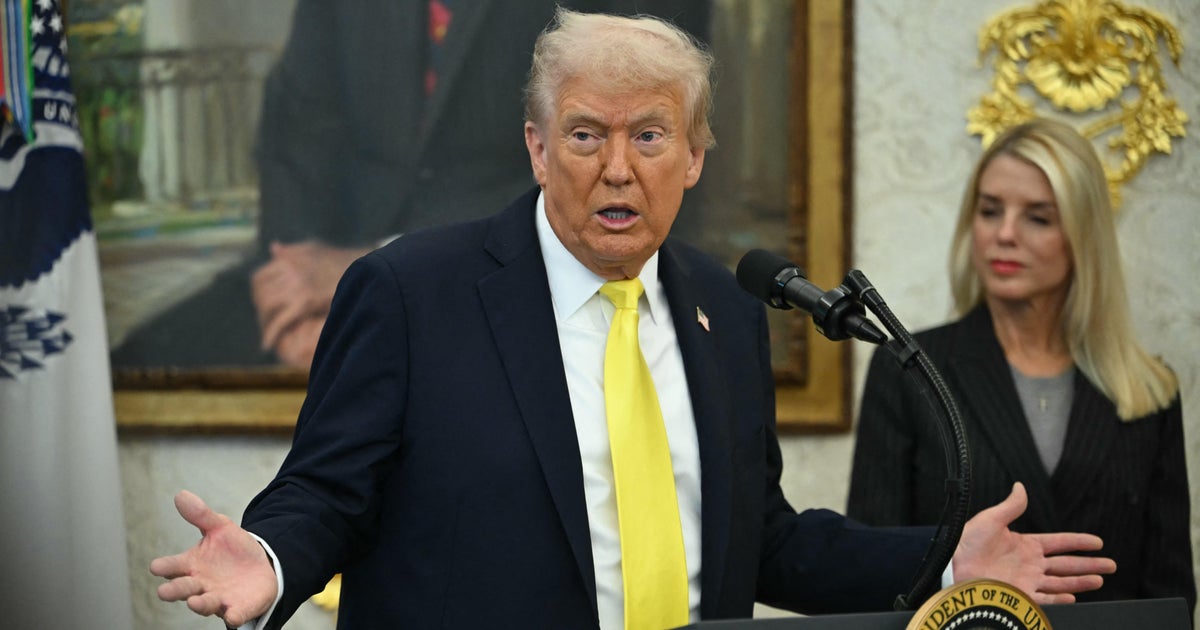Happy weekend, Hawaii! This is part of Spectrum News Hawaii’s weekly series, where we recap the top stories you may have missed throughout the week.
Note: The stories below have been truncated, so please click on the links to read them in their entirety.
This week’s big stories
1. Case, Tokuda vote against defense authorization bill
Despite pushing for key provisions that were ultimately included in the House version of the National Defense Authorization Act for Fiscal Year 2026, U.S. Reps. Ed Case and Jill Tokuda, both D-Hawaii, ultimately voted against the measure on Wednesday.
The Hawaii lawmakers said the $893 billion bill, which authorizes defense spending for the year and sets policies for the U.S. Department of Defense, was effectively taken over by House Republicans, who introduced provisions focusing on transexual personnel, electric vehicles, pride flags and other partisan issues while dismissing Democrat-introduced provisions.
Despite their outspoken opposition, the bill passed the House on a mostly partisan 231-196 vote.
“It is a very serious vote, and I have consistently voted for the final bipartisan versions of the NDAAs throughout my time in Congress,” said Case, who serves on the House Appropriations Subcommittee on Defense, in a statement released shortly after the vote. “This year is different, because the last eight months of the second Trump administration have been among the most disruptive, destructive, if not destructive in our armed services’ recent history.”
Case decried a litany of abuses he said have been committed under the Trump administration, from leaks of sensitive military data to the unjust firings of qualified leaders to the improper use of military personnel for domestic law enforcement.
“Today’s House version of the NDAA, complicated still further by divisive and irrelevant mandates, does nothing to fulfill Congress’ responsibility to oversee and correct these serious risks and consequences,” he said.
Tokuda took to the House floor to voice her displeasure with the bill and the Republican majority she said politicized what is traditionally significant non-partisan legislation.
“When the Armed Services Committee reported out this year’s NDAA, it was a strong, bipartisan bill that included real investments in housing, healthcare, and national security that I was proud to support,” Tokuda said. “But for the third year in a row, House Republicans have chosen to completely hijack this committee’s bipartisan work on the National Defense Authorization Act by forcing through divisive, poison pill provisions and shutting down debate on the issues that truly matter to our troops and veterans.”
House Speaker Mike Johnson, R-La., said the legislation achieves its purpose of ensuring that U.S. military forces remain “the most lethal in the world.”
2. Hawaii football broadcasts to appear on Spectrum SportsNet in Southern California, Nevada
All seven University of Hawaii football games produced locally by Spectrum Sports during the 2025 season will be televised on Spectrum SportsNet in Southern California and Nevada, UH and Spectrum announced Friday.
First among those is Saturday’s 6 p.m. contest between the Rainbow Warriors and the Sam Houston Bearkats at the Clarence T.C. Ching Athletics Complex.
Last month, UH and Spectrum announced that they removed the pay-per-view component from games this season, about a month into Matt Elliott’s tenure as athletic director and a year before the Mountain West Conference enters a new media broadcast rights deal.
In that instance and again Friday, Elliott touted the ability for more people to watch UH games.
“This is a tremendous step forward for UH football, with our home games now reaching fans in key markets across the western U.S., including places like Los Angeles and Las Vegas, where there are strong connections to Hawaii,” Elliott said in UH’s news release. “This exposure is invaluable for recruiting, strengthening ties with our current fans and building an entirely new generation of supporters.”
The other Spectrum Sports games to be picked up by Spectrum SportsNet this season are: Portland State (Sept. 13); Fresno State (Sept. 20); Utah State (Oct. 11); at Colorado State (Oct. 18); San Diego State (Nov. 8); and Wyoming (Nov. 29).
Spectrum SportsNet’s broadcast territory includes all regions that previously broadcast Los Angeles Lakers and Sparks games. AT&T U-verse, Charter/Spectrum, COX and DirecTV carry Spectrum SportsNet. A county-by-county list of areas that are included may be found here.
The UH-SDSU game will be available on sister channel Spectrum SportsNet LA, the network dedicated to Dodgers baseball.
The Hawaii football team practiced at the Clarence T.C. Ching Athletics Complex on Tuesday. (Spectrum News/Brian McInnis)
3. Anti-affirmative action group targets Kamehameha
The right-wing activist, whose legal challenges to affirmative action policies on college campuses ultimately led to the Supreme Court effectively banning race-specific affirmative action in higher education, has turned his sights to Kamehameha Schools.
On Thursday, Students for Fair Admissions, led by Edward Blum, launched a website targeting Kamehameha Schools and its “unlawful admissions policy that favors students based on Native Hawaiian ancestry.”
“Kamehameha Schools has an outstanding reputation for academic excellence,” the site stated. “But its admissions policy is rooted in ancestry discrimination. It is virtually impossible for a non-Native Hawaiian child to be admitted, regardless of merit or need. That is neither fair nor legal, and SFFA is committed to challenging this policy in court.”
The launch of the site drew a swift rebuke from the Office of Hawaiian Affairs Board of Trustees, which pledged “unwavering solidarity with Kamehameha Schools and its enduring mission to uplift Native Hawaiians through education grounded in Hawaiian values, identity and aina-based stewardship.”
In a statement released on Thursday afternoon, the board called SFFA’s action “a direct affront to the will and legacy of Princess Bernice Pauahi Bishop,” who founded the school to benefit Native Hawaiian children.
“These attacks are not new — but they are escalating,” the statement read. “They aim to dismantle the hard-won protections that enable our people to heal, rise, and chart our future. It is incumbent upon all who believe in justice, equity, and self-determination to defend Princess Pauahi’s legacy and condemn efforts to erase the progress Native Hawaiians have fought for over generations.”
SFFA’s site, Kamehameha Schools Not Fair, invites students (and their parents) who were denied admissions to the school or felt discouraged from applying because they are not Native Hawaiian to share their experiences with the intent of using the stories in support of an impending legal challenge.
“Kamehameha Schools’ policy represents the same problem we saw at Harvard and UNC — admissions systems that elevate ancestry over individual merit,” Blum said in a statement released on Thursday. “We believe this violates our nation’s civil rights laws and principles. Every student deserves a fair chance based on need and merit, regardless of race or ethnicity.”
Blum’s legal activism dates back to the 1990s, when he joined a lawsuit against the state of Texas over redistricting. The action ultimately culminated in a U.S. Supreme Court decision that invalidated the redistricting effort on the basis of its race-based intent to increase minority voting, a violation of the 14th Amendment.
In 2013, Blum founded SFFA, an Arlington, Va.-based nonprofit organization that claims more than 19,000 members committed to ending racial and ethnic classifications in admissions.
That year, the group filed suits against Harvard University and the University of North Carolina alleging that the schools’ admissions policies discriminated against Asian American applicants in violation of Title VI of the Civil Rights Act of 1964. The cases were consolidated and ultimately heard before the U.S. Supreme Court, which in 2023 ruled affirmative action in college admissions unconstitutional.
The decision excluded military academies, prompting SFFA to file similar suits against the U.S. Naval Academy, U.S. Military Academy at West Point and United States Air Force Academy.
Through President Donald Trump’s Executive Order 14185 earlier this year, the Department of Defense asserted that race-based admissions at military academies are not justified by military necessity and do not advance national security, cohesion, or readiness. As a result, the DOD withdrew its opposition in the Naval Academy case.
Last month, SFFA settled with the U.S. Justice Department (representing DOD) on the remaining cases. The settlement effectively ends the consideration of race and ethnicity in admissions decisions for the two institutions.
4. Beeman changes tactics; Hawaii women’s hoops to stay close to home in nonconference
At a glance, one observation of the Hawaii women’s basketball nonconference schedule announced Thursday was that it is the most un-Laura Beeman-like arrangement of her 14-year tenure.
When Beeman was so informed in a phone call, she said, “100%,” and laughed.
“More than anything a conscious decision based on a very, very young team,” Beeman told Spectrum News.
Indeed, in a departure from her usual philosophy, Beeman embraced the comforts of home for a roster that comes in with less experience than her others of recent vintage. Of UH’s 10 out-of-conference games, eight are at Bankoh Arena at Stan Sheriff Center and the other two are in Oregon State’s Maui Classic tournament in Makawao on the Valley Isle.
In addition, gone are any home matchups with teams from power conferences — usually a Beeman staple. For example, last December, UH took on No. 1 UCLA at the Stan Sheriff Center.
The Wahine lost veterans Lily Wahinekapu, Daejah Phillips, MeiLani McBee, Kelsie Imai and Brooklyn Rewers among their upperclassmen in the spring and pivoted heavily to overseas recruiting; of UH’s eight incoming players, six are internationals, including five of the six freshmen.
UH opens against Portland State of the Big Sky Conference on Nov. 4 in a return from last year’s opening road trip to Portland and PSU. It will mark only the fourth time under Beeman that the Wahine open at home.
“We thought it was really important to lay off the Power Fours, Power Fives … with this group, stay home, get accustomed to playing with one another,” Beeman said, “because of the newness of everything, and then get on the road in early December for the Big West.”
UH will play two Big West games on the road, UC Davis (Dec. 4) and Cal State Fullerton (Dec. 6), as part of the conference’s second year of “Bold Week” matchups meant to spread out the 20-game league schedule. But that did not necessarily factor into the decision to stay in the state for its other early-season games, Beeman said, and the program could revert to road challenges in upcoming years.
Instead of a holiday road trip — during which the Wahine players typically split up on the continent to visit family, then regroup for another road game — UH opted to take a much closer journey to Upcountry Maui.
It will be the third straight year that Seabury Hall has hosted the Maui Classic, this year on Dec. 19 and 20. OSU’s annual Valley Isle event was previously held at the Lahaina Civic Center and War Memorial Gym prior to the COVID-19 pandemic.
“They’ve been over there for a while, and we’ve been aware but just haven’t been able to swing it,” Beeman said. “So it just made a lot of sense to go over there. That was something that was a conscious decision pretty early, and it fit nicely with our schedule.”
Both of UH’s opponents on Maui, Liberty and Montana State, are coming off conference championships and NCAA Tournament appearances. Beeman said her team would participate in a community service event at a Maui school to be determined.
The full portion of the Big West schedule — UH’s last before it jumps to the Mountain West in summer 2026 — begins Jan. 1 at home against UC Riverside.

Hawaii coach Laura Beeman is keeping her team in the Islands for all of their nonconference games in the upcoming 2025-26 season. (Spectrum News/Brian McInnis)
5. Hawaii State Judiciary warns public of scam ‘spoof’ calls
There’s a new scam in which callers claim to be from the Hawaii Supreme Court Clerk’s Office warns the Hawaii State Judiciary.
According to a news release, several individuals have received calls in recent days from individuals falsely claiming to represent the clerk’s office. The scammer “spoofs” the Judiciary’s official phone number so that the caller ID looks as if the call is coming from the Supreme Court Clerk’s Office. The individual receiving the call is told to report to the clerk’s office immediately or pay a fee to avoid arrest.
The Hawaii State Judiciary tells the public these are fraudulent attempts to intimidate people into paying money they do not owe.
This scam, says the Judiciary, follows a familiar pattern in which scammers have impersonated court staff to threaten people with arrest for failing to appear for jury duty or claimed that individuals owed money for nonexistent traffic citations. Scams have also spoofed courthouse and law enforcement phone numbers, even posing as law enforcement officers or investigators with the Department of the Attorney General.


